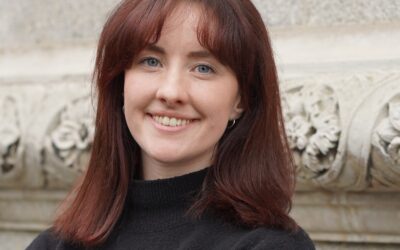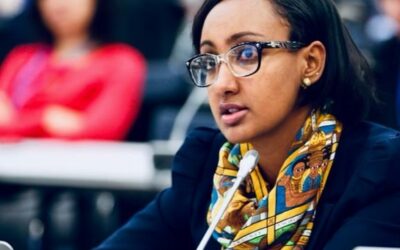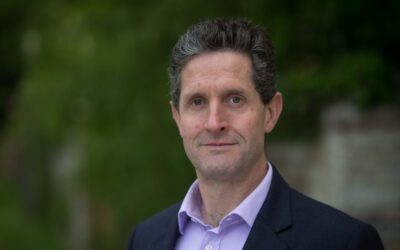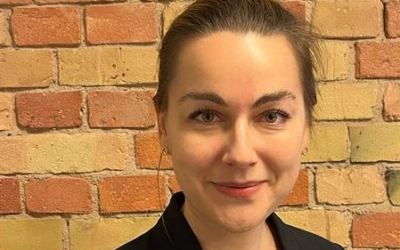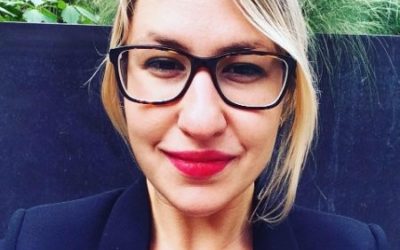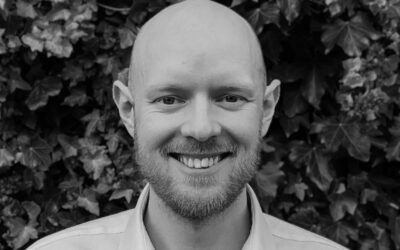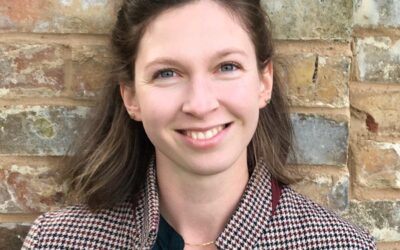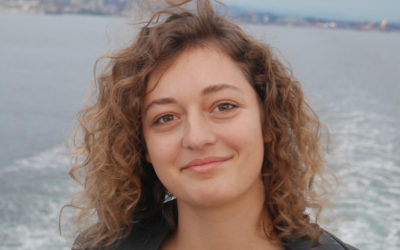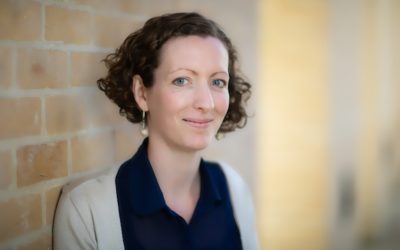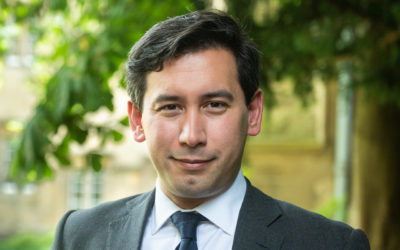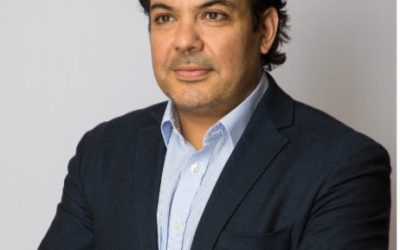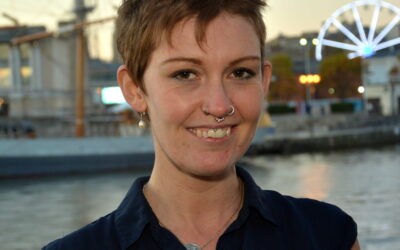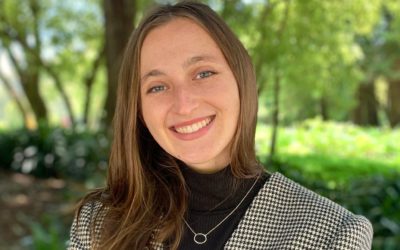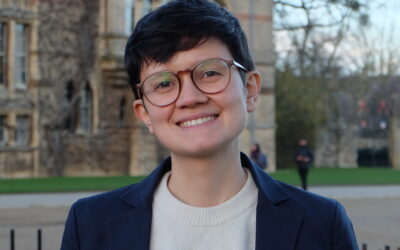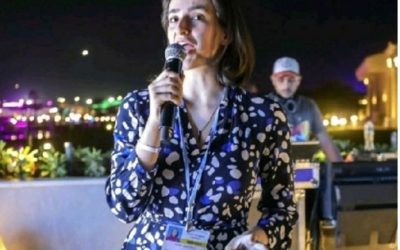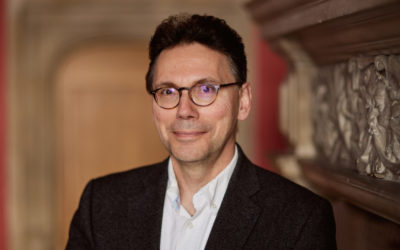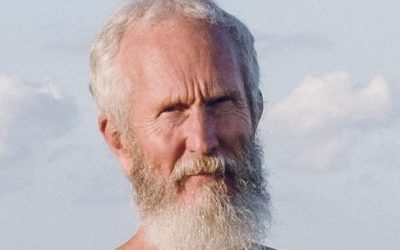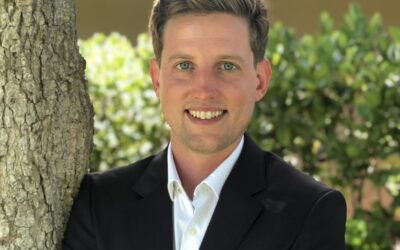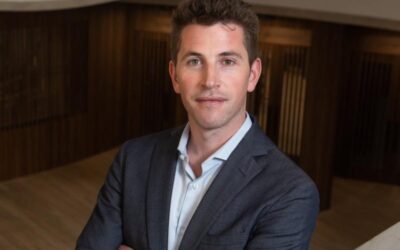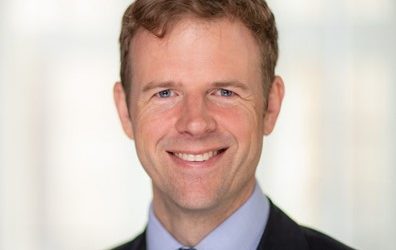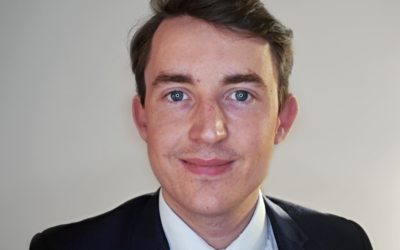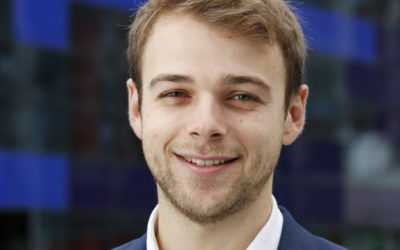About Us – Oxford Net Zero
Oxford Net Zero is an interdisciplinary research initiative based on the University of Oxford’s fifteen years of research on climate neutrality. Our research fellows are working to track progress, align standards and inform effective solutions in climate science, law, policy, economics, clean energy, transport, land and food systems and Carbon Dioxide Removal.
For general enquiries, contact netzero@ouce.ox.ac.uk
For media enquiries, contact george.hope@ouce.ox.ac.uk
Our aim is to address the issue of how we limit the cumulative net total CO2 in the atmosphere, in line with the goals of the Paris Agreement, while acknowledging that it is now inevitable that more CO2 will be generated from energy, industry and land-use change than our goals allow.
Our mission is to inform effective and ambitious climate action among those setting net zero targets in institutions and governments across the globe. Oxford coordinates with other academic institutions and research hubs around the world to undertake a series of engagement exercises with publics and with key stakeholders in policy, industry and civil society/ climate action circles. We are engaging net zero committers through principles and policies, practical tools and progress tracking.



We share our mission with the ZERO (Zero-carbon Energy Research Oxford) Institute in bringing researchers together to elevate the University of Oxford as a centre of research excellence and leadership on the zero-carbon transition.
Our team
Roles
Themes
Departments
Search
Our collaborators & funders:






























